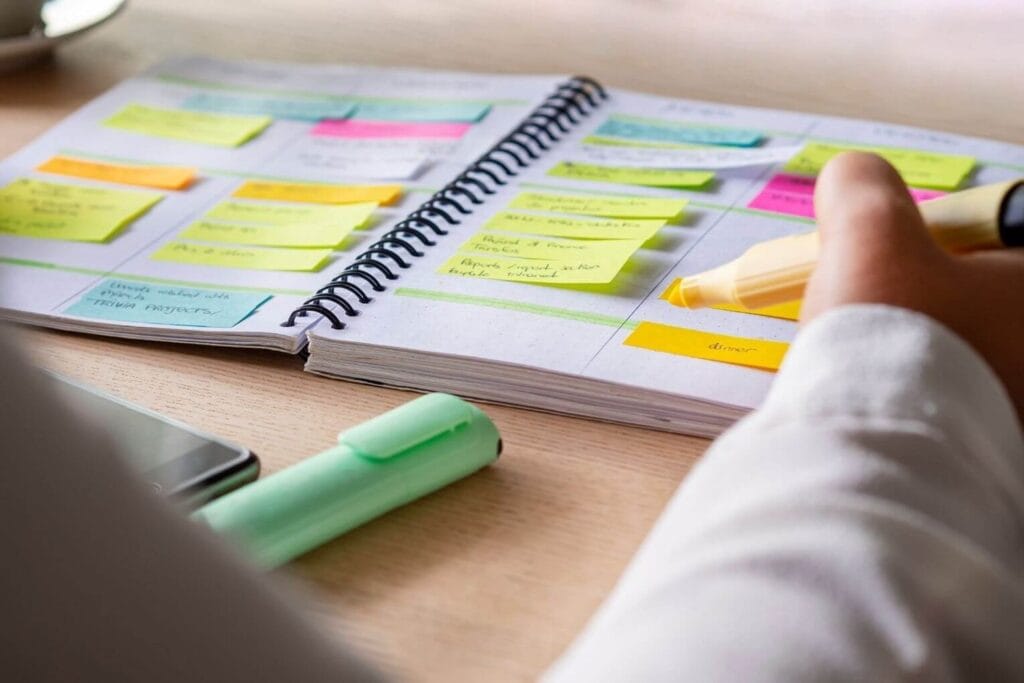Acquiring the knowledge of a foreign language study can be regarded as tedious; nevertheless, there are techniques that can bring you gratifying efficiency. The following are five uncomplicated yet useful strategies which will assist you in learning a new language study.
5 Best Tips for Language Study
1. Daily Practice
One of the key points in conquering a foreign language study is to remember to practice every day. Persistent practice strengthens memories and expands ones skillset. Attempt to find a fixed period during the day for self-introduction, no matter whether it is twenty minutes or an hour. The most important point is language practice should be incorporated in everyday activities. This constant exposure allows for greater fluency in the language over time.

2. Flashcards
one of the key point is flashcards are a good way to learn new words and their meanings as well as to enrich one’s vocabulary. Flashcards should be used for words that are new to you and their significance. Alternatively, use a language study learning application that contains these pre-formulated learning aids. Learning how to use them would mean committing yourself to using flashcards very often. They can also be makes of tools designed to learn or reinforce grammar rules or structures. Flashcards are good because they are repetitively reviewed which is great for the retention of the learned knowledge.
3. Immerse Yourself in the Language
It is very easy to learn a language if you are immersed in it. It is necessary to surround yourself with a language as much as possible to enable you learn a new Language. Listen to rhythm and blues and different types of music and watch movies or any entertaining programs and read books or articles in the target language study. Look for the opportunities to integrate the target language in daily practices for instance creating to-do lists shopping, marking things in the house, or making calls to native language speakers. More exposure means faster acquisition of a second language.
4. Practice Speaking with Native Speakers
It goes without saying that speaking with natives is almost always the key to enhancing one’s language. Make sure to seek out occasions when one can engage in even very simple conversations with people who can speak the language very well, be it on the ground or online. Native speakers can be met via language study exchange, conversational clubs, or language learning applications. The practice of speaking allows to osmotically absorb correct pronunciation, speak with less fear and memorize everyday verbal constructions.
5. Specific Goals
The ability to set specific goals also can keep you encouraged as well as enable you to measure how far you have come. Instead of trying to just “know the language study,” you can try to set goals such as increasing vocabulary by a particular number every week or being able to hold basic conversations by the end of the given month. You can break your goals into manageable portions and reward yourself whenever you achieve them. Properly set goals enable the user to streamline their operations and also provide an increased sense of satisfaction as the goals are achieved.

Learning a new language is an involved process and requires certain prescribed strategies to be followed. Through dedication and practice using the flashcards, practice on language immersions, native speakers conversation, and having target objectives, one is able to improve their language abilities and the entire process is more interesting. These strategies are crucial in boosting your self-esteem and your level of competences making language fluency acquisition less cumbersome. Continue to practice, keep your eyes on the goal, and never stop enjoying learning!

